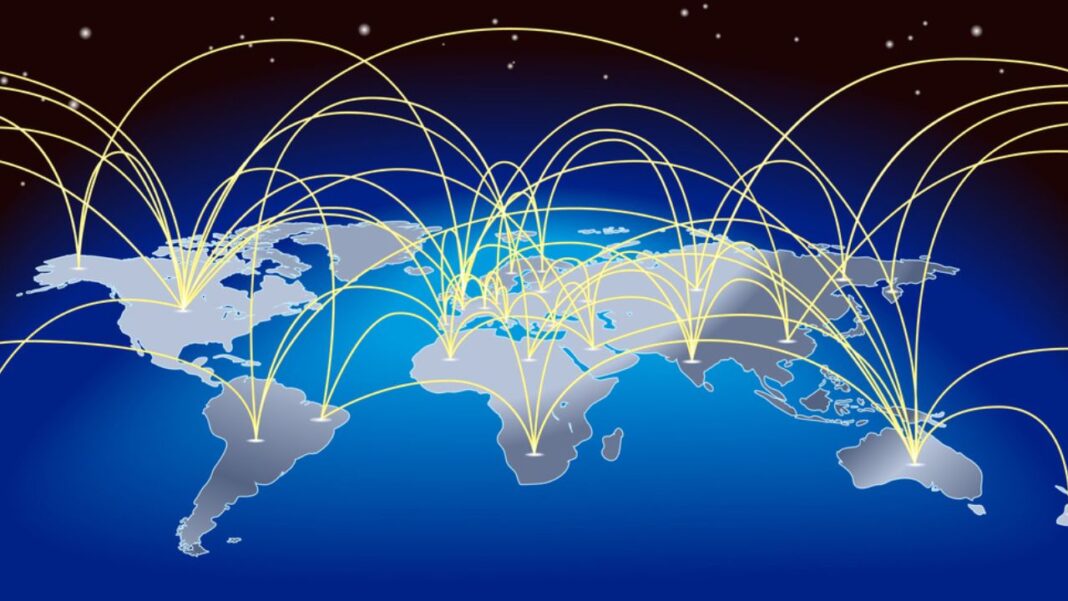Impact of Federal Certification on International Trade
The vast arena of international trade, underpinned by the intricate interplay of trust, mutual recognition, and benchmarks, is strongly influenced by federal certifications. These certifications, offered by central or national governments, ensure that products or services meet a certain standard of quality, safety, or even environmental commitment. This article undertakes a deep exploration of how these certifications shape international commerce.
Understanding Federal Certification
Federal certification serves as a hallmark of standardization in the complex world of international trade. Rooted in the domain of official recognition, this certification signifies that products or services from a country are not merely compliant but excel in prescribed national standards. This endorsement can range across various dimensions, from quality and safety to environmental sustainability. When consumers see a product backed by federal certification, it’s analogous to a seal of trust.
This trust is not unfounded; it is the result of rigorous testing, inspections, and audits that ensure the product or service meets or exceeds certain criteria. As global markets become saturated and consumers are bombarded with endless choices, such certifications stand out as beacons, guiding consumers toward reliable and safe choices. Thus, understanding the power and implications of federal certification is pivotal for any entity looking to make a mark in international commerce.
The Dual-Edged Sword: Boosting and Restricting Trade
Federal certifications wield a power that can swing both ways. On one hand, they can serve as gateways, opening up global markets for products. For instance, the USDA Organic certification is not merely a label but a testament to stringent agricultural practices that prioritize environmental health, soil integrity, and the welfare of farming communities. When global consumers see this label, they’re assured of the product’s quality, leading to increased demand and market penetration.
On the other hand, when certifications become too strict, biased, or are used as a shield against foreign competition, they transform into non-tariff barriers. These barriers, although beneficial for domestic industries in the short term, might stifle competition, leading to monopolistic markets and complacency. Over time, this can deter innovation and result in market inefficiencies, not to mention strain diplomatic and trade relations.
Also, read our articles on the Overview of Federal Certifications
Global Norms: Leading by Example
Major economies often inadvertently set global norms through their certification standards. The EU’s CE mark, for example, transcends its geographic boundaries. It serves as a testament to the product’s adherence to high health, safety, and environmental protection standards. For companies outside the EU, acquiring the CE mark becomes almost a rite of passage to gain a foothold in European markets. This has a cascading effect. As more non-EU companies align with these standards, the CE mark’s principles indirectly become global norms, underscoring the influence of major economies in setting global benchmarks.
Harmonization: A Solution to Diverse Standards
In the intricate web of international trade, diversity in federal certifications can be daunting. Herein lies the beauty of mutual recognition agreements (MRAs). By fostering bilateral or multilateral recognition of each other’s standards, MRAs simplify the trade process. They eliminate the need for businesses to navigate a maze of different standards, thereby reducing compliance costs and expediting trade flows. This harmonization is especially crucial in sectors like electronics, where disparities in safety or quality standards could have detrimental consequences for consumers.
Influencing International Trade Accords
When nations sit at the negotiation table to draft trade agreements, federal certifications often take center stage. These certifications become points of discussion, negotiation, and even contention. For instance, the TTIP negotiations between the EU and the U.S. saw intense deliberations on standard harmonization. Such discussions are emblematic of the profound influence federal certifications exert on the larger landscape of international trade agreements, shaping the direction and tone of global commerce.
Read our article on Federal Certification vs State Certification
Driving Competitive Excellence
Federal certifications, while ensuring compliance, also inspire excellence. By adhering to high standards, domestic industries are not merely meeting criteria but are constantly innovating and enhancing their offerings. This relentless pursuit of excellence, fueled by stringent certification benchmarks, propels these industries onto the global stage as formidable competitors. Over time, this consistent commitment to quality and innovation fosters a reputation that can translate into significant competitive advantages in international markets.
Ethics and Sustainability in Modern Trade
The horizon of federal certifications has expanded beyond quality and safety. Today’s global consumer is conscious, discerning, and values-driven. Recognizing this shift, modern certifications encapsulate ethical practices and sustainable production. A certification that guarantees ethical sourcing or sustainable manufacturing resonates with consumers, leading to not just increased sales, but also fostering a brand image that is responsible and conscious. In a world grappling with climate change, dwindling resources, and ethical dilemmas, such certifications become even more crucial.
Gazing Into the Future
The future of federal certifications is poised for transformation. Emerging technologies, such as blockchain, promise to bring unprecedented transparency and verifiability to the certification process. Furthermore, global challenges, like the aftermath of the COVID-19 pandemic, might spawn a new era of health and hygiene-centric certifications. As the world evolves, the role, scope, and influence of federal certifications in international trade are set to undergo significant recalibrations.
Conclusion
In conclusion, federal certifications are not just emblems on products or mere bureaucratic necessities. They are dynamic entities shaping, influencing, and directing the flow of global commerce. Their multifaceted roles underscore the importance of understanding, adapting, and leveraging them in the ever-evolving landscape of international trade.







